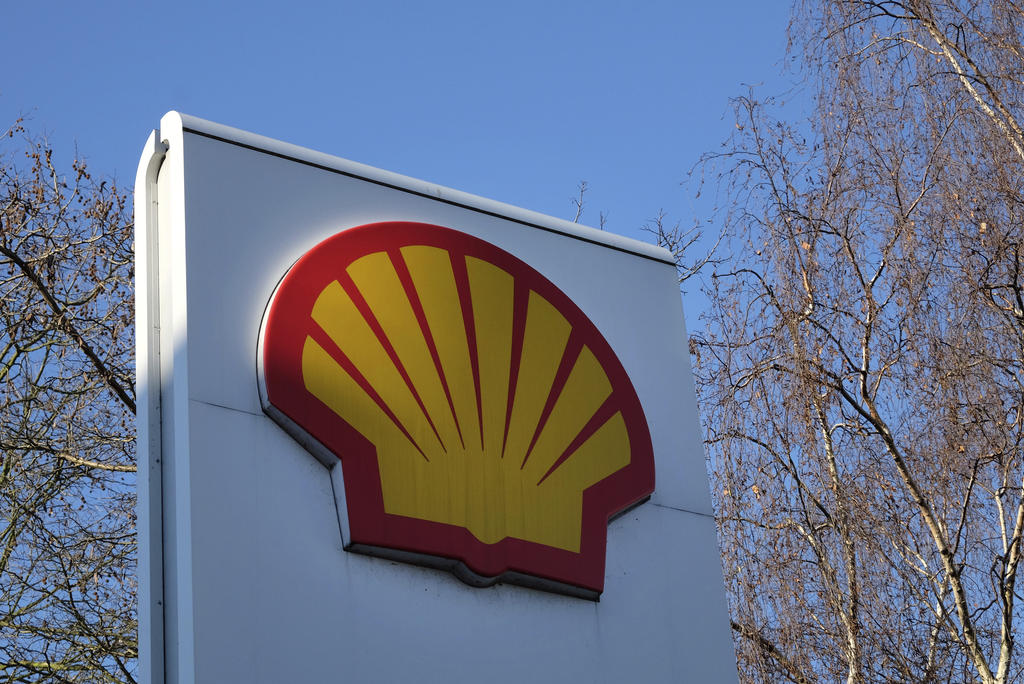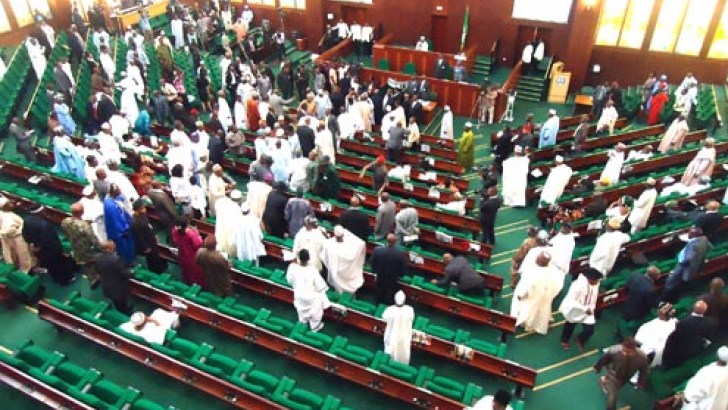Shell pays Nigeria over $4.5bn in royalties, taxes – Report

It said Russia’s invasion of Ukraine has triggered instability in the global energy market.
Shell Plc has disclosed that it paid Nigeria’s federal government over $4.521 in its overall production entitlements as well as taxes, royalties and fees in 2022.
The oil giant which revealed this in its 2022 Sustainability Report obtained on Wednesday, however, pointing out that Russia’s invasion of Ukraine caused huge suffering and triggered instability in global energy markets and other sectors.

A breakdown of the payment to Nigeria showed that the federal government received $3,035,996,709 as its production entitlements, $711,850,070 as taxes, $691,648,502 as royalties and $81,639,634 as fees.
However, the total payment by Shell to governments across its operations globally in 2022 was $68.2 billion, while $13.4 billion was paid in corporate income taxes and $8.2 billion in government royalties.
In addition, the oil major stated that it collected $46.6 billion in excise duties, sales taxes and similar levies on fuel and other products on behalf of governments.
In his introductory report, Shell’s Chief Executive Officer, Wael Sawan, said Russia’s invasion of Ukraine has caused huge suffering and also triggered instability in global energy markets and other sectors.
He said energy and food prices have risen, causing inflation to spiral in many countries.
Sawan explained, “Our first response to the invasion was to safeguard our staff in Ukraine and support our people in Russia. We also announced our intention to withdraw from our Russian oil and gas activities in a phased manner, aligned with government guidance.
“We worked with organisations in Ukraine and neighbouring countries to provide humanitarian aid.
“By the end of 2022, we had donated $74 million to help the people of Ukraine. As the war caused disruption to energy supplies, we worked to ensure that people received the energy they need to keep economies running and electricity flowing.
“This included delivering a record 194 cargoes of liquefied natural gas (LNG) to Europe in 2022 – almost five times our usual average. I am proud of the way Shell staff in the UK and Norway, among many others, also stepped up to produce the oil and gas Europe needs.
“We provided help for those struggling with rising cost of living. In the UK, for example, we announced a £50 million package to support vulnerable energy consumers, and donated millions of pounds to charities to help households pay their energy bills. And in the Netherlands, we are contributing to a government-backed emergency fund for the same purpose.
“The recent devastating earthquakes in Turkey and Syria affected many Shell people and their families, although mercifully no staff members were injured.
“Shell has supported relief efforts with the provision of fuel, and chemicals to make foam mattresses and hand sanitiser. We have also made aid donations worth several million dollars, including matching donations made by our staff around the world.”
He noted that the energy and cost of living crises occasioned by the aforementioned incidences highlighted the need for a balanced energy transition, one in which the world achieves net-zero emissions, while still providing a secure and affordable supply of energy.
He said they expect Liquefied Natural Gas (LNG) to play an important role in such a transition, adding that LNG provides a critical supply of energy today, and produces fewer greenhouse gas emissions than coal when used to generate electricity.
In 2022, Sawan said Shell made significant investments to increase production of LNG and reduce emissions from the process, noting that they joined two major projects in Qatar, for example.
“Both will use carbon capture and storage, helping us to offer customers LNG with a lower carbon footprint. We also took a final investment decision to develop the Rosmari-Marjoram gas project in Malaysia, which will be mainly powered by renewable energy,” he added.
Since 2016, Shell has made mandatory disclosures under the UK’s Reports on Payments to Governments Regulations 2014 (amended December 2015). The oil major has published the revenues that its operations generate through taxes and royalties on a voluntary basis since 2012.
Shell believes that being open about its tax payments helps people to understand how much it pays and why. ARISENEWS








